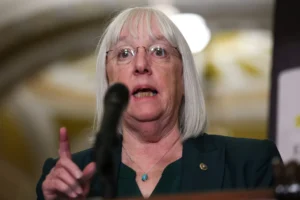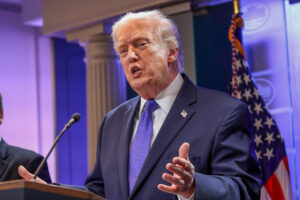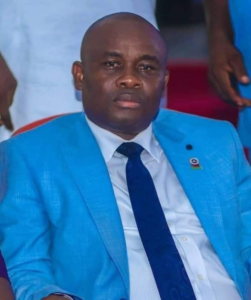As it praised Beijing, the World Health Organization concealed concessions to China and may have sacrificed the best chance to unravel the virus’s origins. Now it’s a favourite Trump attack line.
GENEVA — On a cold weekend in mid-February, when the world still harboured false hope that the new coronavirus could be contained, a World Health Organization team arrived in Beijing to study the outbreak and investigate a critical question: How did the virus jump from animals to humans?
At that point, there were only three confirmed deaths from Covid-19 outside China and scientists hoped that finding an animal source for the coronavirus would unlock clues about how to stop it, treat it and prevent similar outbreaks.
“If we don’t know the source then we’re equally vulnerable in the future to a similar outbreak,” Michael Ryan, the World Health Organization’s emergency director, had said that week in Geneva. “Understanding that source is a very important next step.”
What the team members did not know was that they would not be allowed to investigate the source at all. Despite Dr Ryan’s pronouncements, and over the advice of its emergency committee, the organization’s leadership had quietly negotiated terms that sidelined its own experts. They would not question China’s initial response or even visit the live-animal market in the city of Wuhan where the outbreak seemed to have originated.
Nine months and more than 1.1 million deaths later, there is still no transparent, independent investigation into the source of the virus. Notoriously allergic to outside scrutiny, China has impeded the effort, while leaders of the World Health Organization, if privately frustrated, have largely ceded control, even as the Trump administration has fumed.
From the earliest days of the outbreak, the World Health Organization — the only public health body with a global remit — has been both indispensable and impotent. The Geneva-based agency has delivered key information about testing, treatment and vaccine science. When the Trump administration decided to develop its own test kits, rather than rely on the W.H.O. blueprint, the botched result led to delays.
At the same time, the health organization pushed misleading and contradictory information about the risk of spread from symptomless carriers. Its experts were slow to accept that the virus could be airborne. Top health officials encouraged to travel, as usual, advice that was based on politics and economics, not science.



























